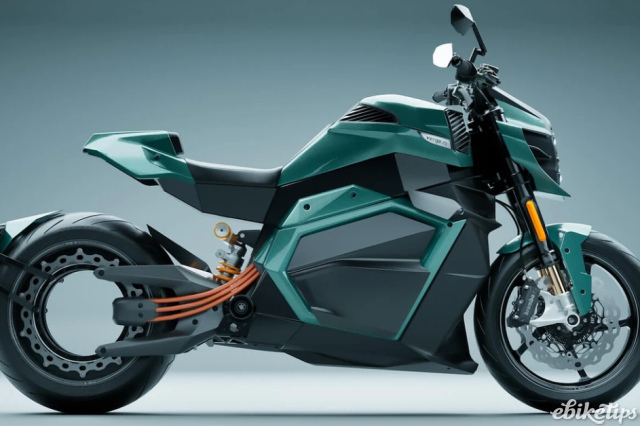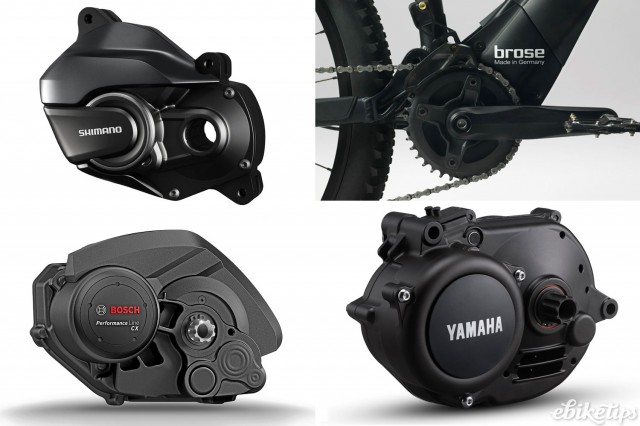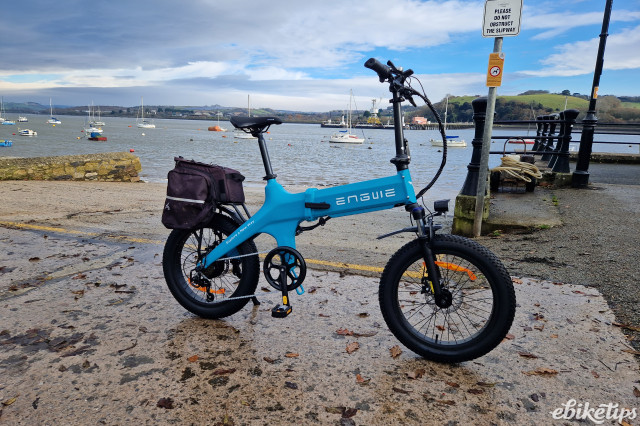Some landlords and management companies in New York are now stopping residents from keeping e-bikes in their apartments, despite a recently-introduced city law that all new bikes must be certified by an accredited testing laboratory.
Gothamist reports that management company K&R Realty Management has banned e-bikes, telling tenants in a letter that e-bike batteries are, “an extreme hazard to the life, health, safety and well-being, body and property of all tenants.”
West Harlem resident J Manuel Mancilla, also the co-founder of startup Oonee which installs secure bike parking pods in public places, said the ban has left riders like him with “zero options and zero alternatives”.
> New York responds to spate of e-bike fires by investing $25m in outdoor charging stations
Speaking to ebiketips, Bill Klehm, CEO of e-mobility solutions company eBliss Global, said landlords have chosen to ban e-bikes from their properties due to various concerns, including legal liabilities, property damage, and noise and nuisance.
Klehm said landlords may fear potential legal liabilities associated with e-bike accidents occurring on their premises, leading them to implement bans as a precautionary measure.
“E-bikes, particularly those with larger batteries, may pose a fire risk if not properly charged or stored, potentially resulting in property damage,” said Klehm. “Complaints from tenants regarding noise disturbances caused by e-bikes, such as sudden acceleration or braking, may prompt landlords to ban them.”
The New York City Fire Department (FDNY) said last month that so far this year, fires caused by lithium-ion batteries have killed 17 New Yorkers, including three at one fire in Brooklyn. Additionally, there have been 239 fires and 124 injuries caused by these batteries.
> Are e-bike batteries safe? What’s the difference between a safe battery and a fire risk?
To address safety concerns and mitigate the need for bans, Klehm has suggested there should be more widespread introduction of secure parking facilities.
From September 16, all battery-powered mobility devices - like e-bikes, e-scooters, and their lithium-ion batteries - sold, leased, or rented in New York are required to be certified by an accredited testing laboratory in compliance with Underwriters Laboratories (UL) standards.
The City Council subsequently approved an e-bike trade-in programme that will provide people with new lithium-ion batteries - as well as e-bikes and e-scooters - at reduced or no cost in exchange for used ones that do not meet fire safety standards, or are otherwise illegal.
The council said the bill was an “important next step” in its efforts to curb lithium-ion battery fires, which it says have risen in frequency and "become more deadly".
For similar reasons, it is also investing $25m in outdoor charging stations.
> Uber and Zoomo to launch e-bike trade-in scheme in New York in response to battery fires




